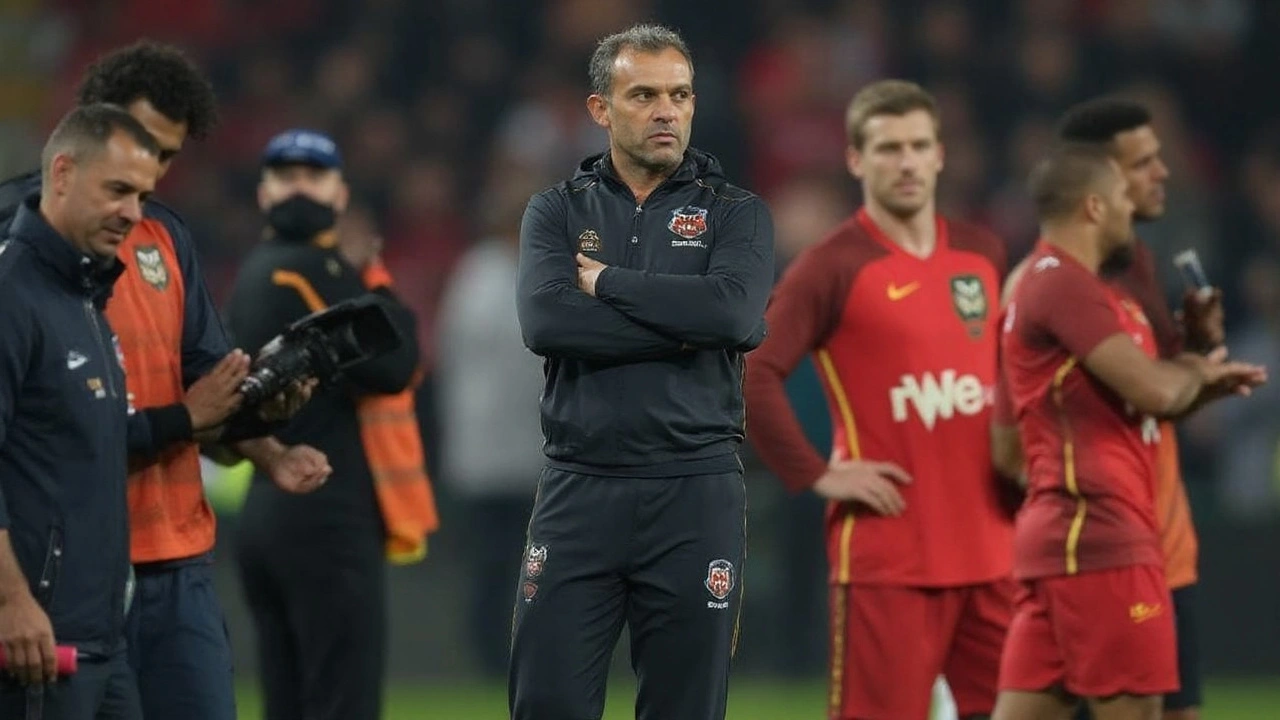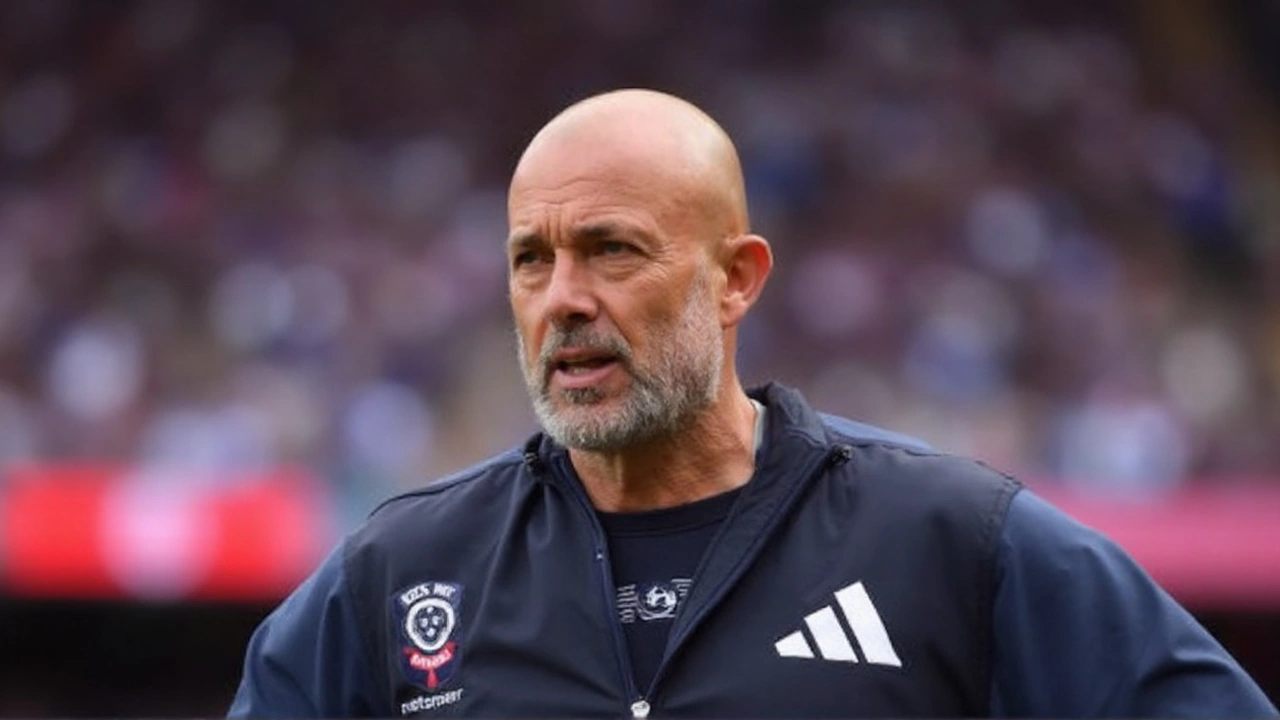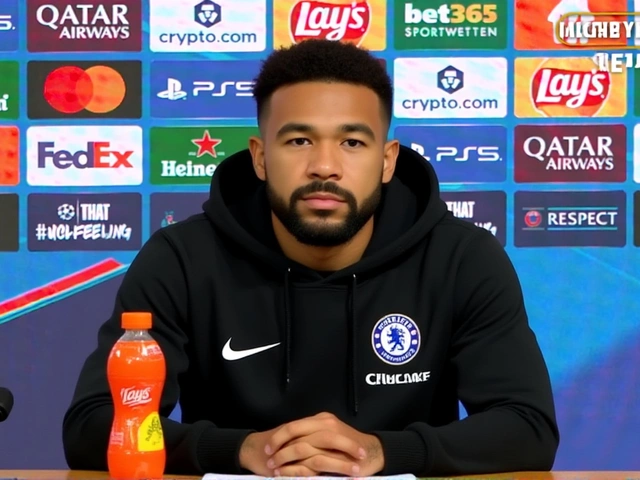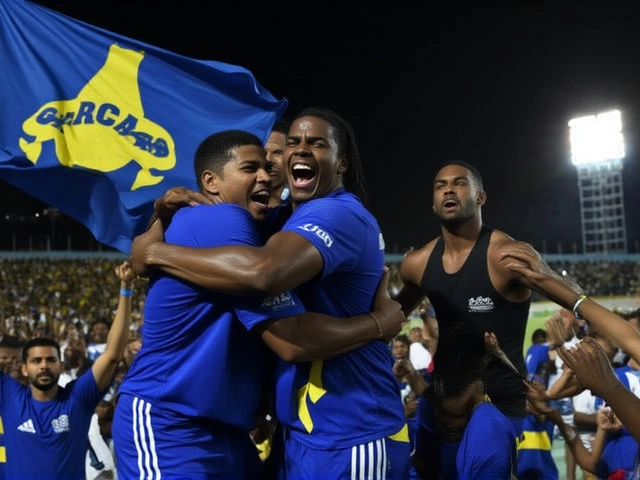
Crunch talks at the City Ground
Nuno Espírito Santo is heading into decisive talks with Nottingham Forest owner Evangelos Marinakis, a meeting that will set the tone for the club’s summer and its first European campaign in three decades. The head coach has admitted he is “not close” with Marinakis and that their relationship “has changed,” a stark shift for a partnership that steered Forest from a relegation fight to a seventh-place Premier League finish last season and Europa League qualification.
Nuno arrived in December 2023, steadied a nervous team, and then pushed it into Europe for the first time since the early 1990s. That resurgence earned him a new three-year deal in June, taking him through 2028. Yet the mood has cooled. The appointment of Edu as global head of football has added a fresh layer to the club’s hierarchy, and with it, distance between the head coach and the owner. It’s a common flashpoint in modern football: where authority over recruitment sits, how quickly decisions get made, and who sets the final strategy.
Behind the scenes, there have been differences over transfer priorities and squad planning. Nuno has hinted as much, saying, “where there’s smoke, there’s fire,” a line that won’t quiet speculation about his long-term position. He insists he will remain professional, but the message is clear: these talks must bring clarity on roles, power, and pace of decision-making before the season accelerates.
For Forest, timing is everything. The club’s return to Europe changes the workload, the calendar, and the demands on the squad. Thursday-Sunday football is unforgiving. Depth matters. So does alignment on the type of players coming in—profiles that fit the head coach’s style and the intensity of European games. If coach and hierarchy are pulling in different directions in July, the consequences show up in October.
The structural change around Edu is central to this. Clubs across the Premier League have shifted to executive-led recruitment, leaning on data, global scouting networks, and long-term squad models. Head coaches often welcome the support—until it slows urgent needs or dilutes tactical specificity. Forest lived through a whirlwind of arrivals after promotion; tightening the process now is sensible, but only if the coach feels heard. If not, friction spreads fast.
There’s also the financial and regulatory backdrop. After several busy windows since promotion, Forest, like many clubs, tread carefully around profitability and sustainability rules. Every signing is a trade-off—fees, wages, resale value, and impact on the registered squad. That balance is manageable when everyone agrees on the plan. It becomes messy when the coach wants one profile and the recruitment department prefers another.
Marinakis has never been shy about ambition. He has funded Forest’s rapid rise and expects standards to match. Nuno, 50, is equally demanding. His track record—organized, pragmatic teams; a clear structure off the ball; quick transitions—requires specific players in specific roles. If he feels the pipeline won’t deliver those pieces, pressure builds. That is why these talks matter more than a routine end-of-season debrief.
The stakes are higher because of the Europa League spot, which arrived after competition allocations shifted and Forest ultimately took the place that would have otherwise gone to Crystal Palace. For supporters, that twist turned a strong domestic finish into a landmark moment. For the club, it adds new logistics: travel, fatigue management, and UEFA squad registration deadlines. Any uncertainty over the head coach will bleed into pre-season rhythms—training plans, friendly scheduling, and the integration of new signings.
The dressing room angle can’t be ignored. Players read signals. If they sense indecision at the top, it affects buy-in and sharpness. A united line from owner and head coach—on what the team needs, who is arriving, and what roles look like—will be as important as any unveiling of a new forward or full-back.

What could happen next
These are the plausible paths on the table as talks begin:
- Reset and recommit: Both sides agree to crystal-clear responsibilities. Recruitment is aligned around agreed profiles, with quick green lights on priority targets. Nuno continues with a stronger mandate.
- Managed separation: If differences are fundamental, an amicable split before the window peaks allows Forest to move for a replacement without scrambling weeks before Europe kicks off.
- Short-term truce: Nuno remains through the early rounds of Europe, with the structure under review. Risky, because unresolved issues tend to resurface when fixtures pile up.
- Flashpoint over transfers: A veto on a key signing or a late sale could trigger a fast breakdown. This is the scenario clubs try to avoid by getting alignment now.
Forest will also weigh practicalities: contract terms, potential compensation, and the availability of immediate successors. A caretaker would disrupt pre-season and muddle the European build-up; a fast external hire carries its own risks. That is why both parties are pushing to clear the air now rather than drift into August.
Nuno’s public tone—firm but measured—suggests he wants a pathway to stay, provided the new structure does not sideline the head coach on core sporting questions. Marinakis, for his part, will want assurance that the club’s broader football operation is respected and that decisions reflect long-term value as well as short-term results.
All eyes now turn to the room where the owner and the head coach sit down. The checklist is straightforward: who has final say on targets; how quickly can deals be done; what happens if priorities clash; and how success will be measured beyond league position alone. Answers to those questions will define Forest’s summer—and shape how the club looks and feels when European nights return to the City Ground.
The talks are expected to be swift, with follow-up actions—whether a unified statement of direction or the start of contingency planning—coming soon after. With pre-season in motion and European registration on the horizon, both sides know the cost of delay. Stability is not a luxury for Forest anymore; it’s the platform for the season they’ve been chasing for 30 years.


